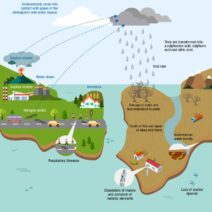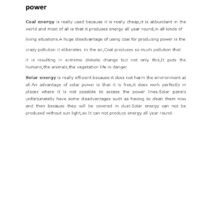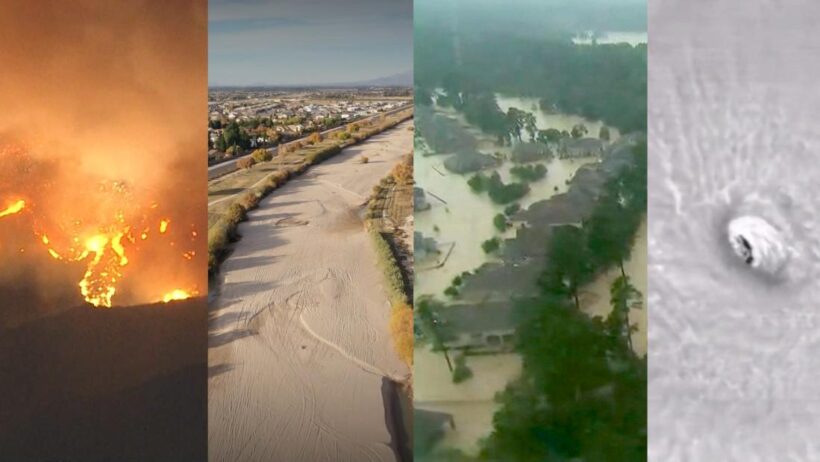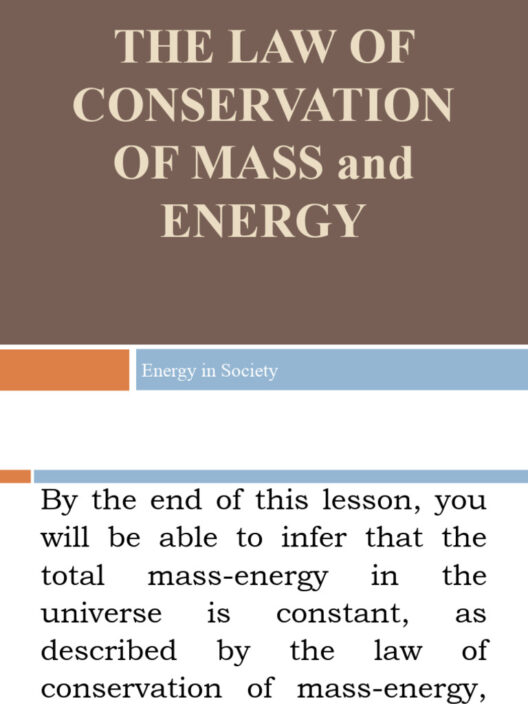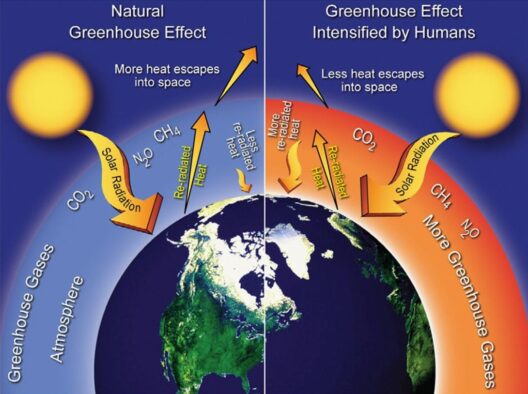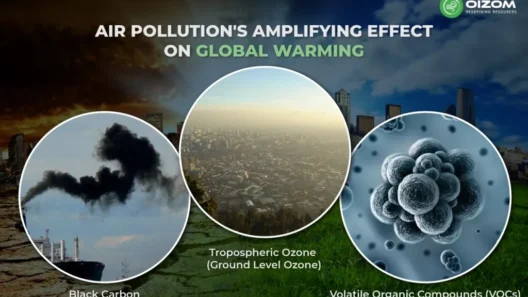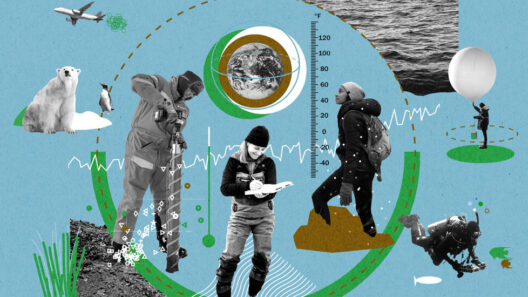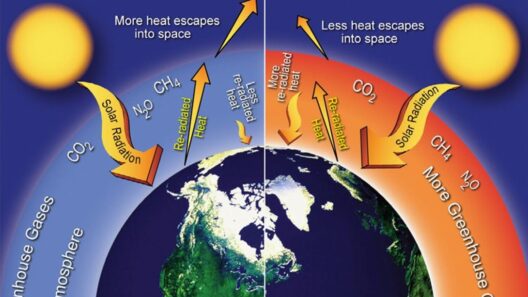As we navigate through the 21st century, the poignant realities of climate change and global warming loom larger than ever. This phenomenon, driven by anthropogenic activities, is reshaping our planet in unprecedented ways. The intricate tapestry of ecological impacts, socioeconomic repercussions, and daily life transformations reminds us that global warming is not a distant threat; it is a present and formidable challenge. Understanding its multifaceted influences is essential as individuals and communities strive to adapt and mitigate its effects.
The empirical evidence of global warming manifests itself through surging average temperatures across the globe. The Intergovernmental Panel on Climate Change (IPCC) consistently reports alarming rises in global mean surface temperatures, attributable primarily to greenhouse gas emissions such as carbon dioxide and methane. This warming is not uniform; it varies by region, with arctic areas experiencing accelerated temperature increases. Consequently, glaciers and polar ice caps are retreating at an astonishing rate, leading to rising sea levels that threaten coastal communities.
Shifts in weather patterns are becoming increasingly evident. Extreme weather events, such as hurricanes, droughts, and heatwaves, have escalated in frequency and intensity. The aftermath is catastrophic: agriculture suffers under the dual threat of unpredictable weather and shifting climatic zones, with crop yields jeopardized by both flooding and drought. Countries that are already on the precipice of food insecurity face heightened risks as dependable harvests become less likely.
Water scarcity is another critical issue exacerbated by global warming. As temperatures soar, evaporation rates increase, leading to diminished freshwater supplies. Regions such as sub-Saharan Africa and parts of South Asia grapple with acute water shortages, sparking conflicts over this precious resource. The interlinkage between climate change and water availability underscores the urgency for sustainable water management practices in both urban and agricultural settings.
Wildlife and biodiversity are also suffering from the ramifications of global warming. Habitats are shifting, with many species struggling to adapt to rapid changes in their environments. The phenomenon of climate-induced migration is increasingly noted among flora and fauna. For instance, polar bears and other Arctic species face dire circumstances as sea ice diminishes. Additionally, coral reefs—essential ecosystems that support marine biodiversity—experience bleaching events due to elevated ocean temperatures. The intricate balance of ecosystems is destabilized, threatening the rich biodiversity that sustains life on Earth.
Humans are not merely passive observers in this unfolding crisis; we too are directly affected by these transformations. Health issues associated with rising temperatures are emerging, presenting new challenges for public health systems worldwide. The proliferation of vector-borne diseases, such as malaria and dengue fever, can be traced back to altered climate conditions. As warmer climates expand, so do the habitats of these vectors, increasing the potential for disease outbreaks.
The economic implications of global warming are staggering. The financial burdens posed by reconstruction after extreme weather events, healthcare costs due to climate-influenced diseases, and potential loss of employment in vulnerable industries, such as agriculture and tourism, compound the situation. Insurance companies are increasingly having to grapple with risks associated with climate change, leading to higher premiums and insurance scarcity in high-risk areas. This cycle of economic strain disproportionately affects lower-income communities that lack the resources to adapt or recover.
In the face of these unprecedented challenges, individual actions can contribute significantly to mitigation efforts. The transition toward renewable energy sources, such as solar and wind, is pivotal in reducing our reliance on fossil fuels. By advocating for and adopting cleaner technologies, communities can diminish their carbon footprints and catalyze broader systemic changes. Furthermore, embracing energy-efficient practices at home—including the use of LED lighting and energy-efficient appliances—can lead to substantial reductions in energy consumption.
Another avenue to combat climate change lies in reforestation and sustainable land management. Trees act as carbon sinks, absorbing carbon dioxide from the atmosphere and providing essential habitats for diverse wildlife species. Supporting initiatives that protect existing forests and promote the planting of new ones can help sequester carbon and strengthen biodiversity. Such actions benefit not only the environment but also local economies that rely on ecosystem services.
Education and advocacy play quintessential roles in galvanizing public awareness regarding climate change. Informing communities about the implications of their choices fosters a culture of sustainability. Engaging in discussions, attending local environmental initiatives, or participating in climate marches can amplify the imperative for action. Grassroots movements have the potential to influence policymakers, ensuring that climate action remains a priority on national and international agendas.
Ultimately, global warming is not merely an environmental issue; it is a multifaceted dilemma that permeates every aspect of contemporary life—from the food we consume to the air we breathe. Accepting responsibility for our influence on the planet and taking educated actions can catalyze meaningful change. Acknowledgment of the urgency of the crisis must spur both individual and collective efforts to forge a sustainable future. The path forward involves a convergence of science, policy, and personal responsibility, driving us toward resilience in the face of climate change. The ongoing evolution of our world, shaped by rising global temperatures, calls for an informed populace dedicated to stewardship of the Earth’s fragile ecosystems.

